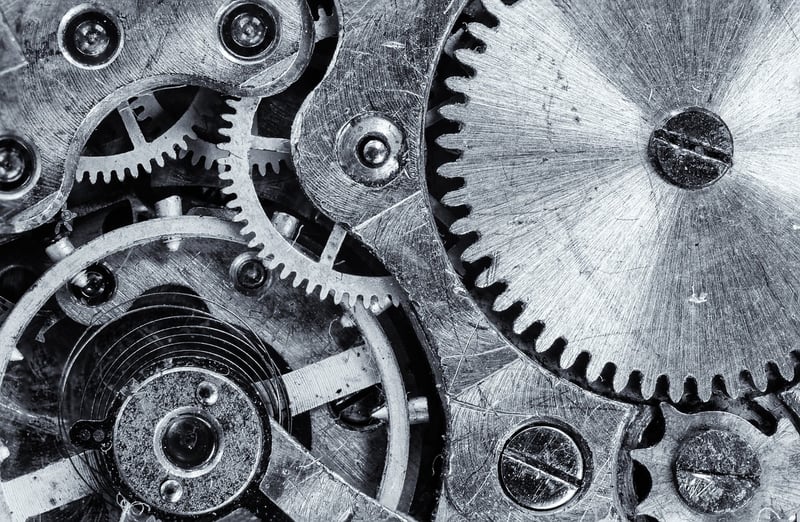Grandfather Paradox
The Consequences of Time Travel and the Grandfather Paradox
Time travel has long been a fascinating concept in science fiction, allowing characters to journey backward or forward in time. While it captures our imagination, time travel comes with a set of complex consequences and paradoxes that challenge our understanding of causality and the nature of reality. One of the most famous paradoxes associated with time travel is the Grandfather Paradox.
Consequences of Time Travel:
1. Changes to the Past: One of the main consequences of time travel is the potential to alter the course of history. A small change in the past could have ripple effects that drastically change the present and future.
2. Creation of Alternate Timelines: Some theories suggest that time travel could lead to the creation of parallel universes or alternate timelines. This means that any changes made in the past would not affect the traveler's original timeline but would create a new one.
3. Temporal Paradoxes: Time travel can give rise to paradoxes, such as the Bootstrap Paradox, where an object or information is sent back in time in an infinite loop with no clear origin.
The Grandfather Paradox:
The Grandfather Paradox is a classic time travel dilemma that explores the implications of changing the past. The paradox goes as follows: if a time traveler were to go back in time and prevent their grandfather from meeting their grandmother, thus preventing their own birth, how could they exist to go back in time in the first place?
This paradox raises fundamental questions about causality and the possibility of altering the past. It challenges the idea of a linear timeline where events unfold in a fixed sequence without the possibility of change.
Resolution and Theories:
Various theories have been proposed to resolve the Grandfather Paradox, including the idea of parallel universes, where changes in the past create branching timelines, ensuring that the traveler's original timeline remains intact. Another theory suggests that any attempt to change the past would be self-correcting, leading to unforeseen consequences or events that prevent the change from happening.
While time travel remains a theoretical concept, exploring its consequences and paradoxes sparks thought-provoking discussions about the nature of time, causality, and the limits of human understanding.
Image source: Pixabay

